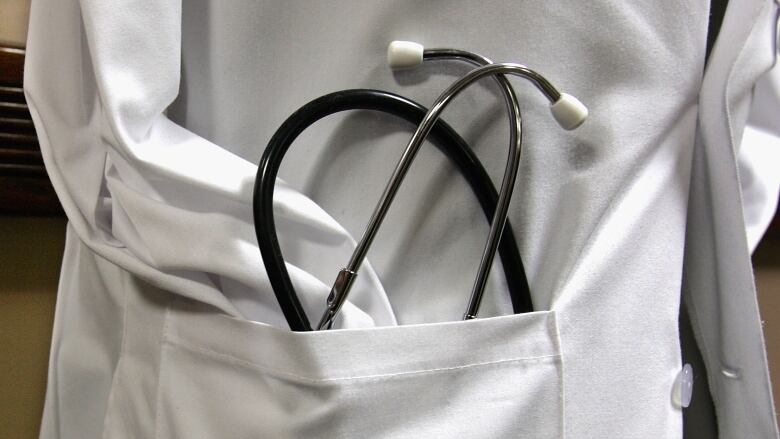Poverty tool will help at-risk patients access better health care
Doctors must have honest conversations about finances to properly plan treatment, says wellness advocate

A retired family doctor and wellness advocate in Caraquet saysmore health care practitioners in the province should use the poverty tool to help underprivileged patients whose health may be at risk.
Dr. Linda Dalpsaid poverty is a risk factor to a person'shealth and needs to be taken into consideration when planning a patient's care.
"Sometimes patients are having difficulties paying for medication, paying for food, they have issues with rent and we're not aware of it," she said. "And if we don't know, then it makes it harder for us and for our patients to have the best health possible."
The New Brunswick Medical Society said in a release doctors are working to bridge the gap between poverty and providing patients with the assistance they need by using the poverty tool.
While it may be a delicate subject to discuss, Dalpsaidit's a question that needs to be asked just like any other medical question.
"It's really having the relationship with our patients and asking the questions, do you have problems making ends meet?"
Dalp said that's the first question. If the answer is yes, then patients have to be connected to community resources andassisted with tax forms so they know what they have a right to claim.
"If you take into account all the social detriments of health, poverty is the most important factor right now."
The doctor added that on average, close to 15 per cent of families living in New Brunswick were living with financial issues. That number grows in some regions such as the Acadian Peninsula where 20 per cent of the population hasan annual revenue of less than $20,000.
"If I don't know which patients are having these issues...sometimes we ask if they have insurance, well we have to go further than that."
Dalpsaid people living in poverty have a higher risk of having diabetes, heart problems and mental health issues.
The poverty tool can be used by nurse practitioners, nurses in clinics, and pharmacists.
"It's really for anybody that is in contact with patients and in helping that person in their health care."
Dalpe said the New Brunswick Medical Society is also asking the government to roll out the 211 program, a central location where people can call or go online to find out what services are available rather than searching or calling various departments.
With files from Information Morning Moncton












_(720p).jpg)


 OFFICIAL HD MUSIC VIDEO.jpg)
.jpg)



























































































